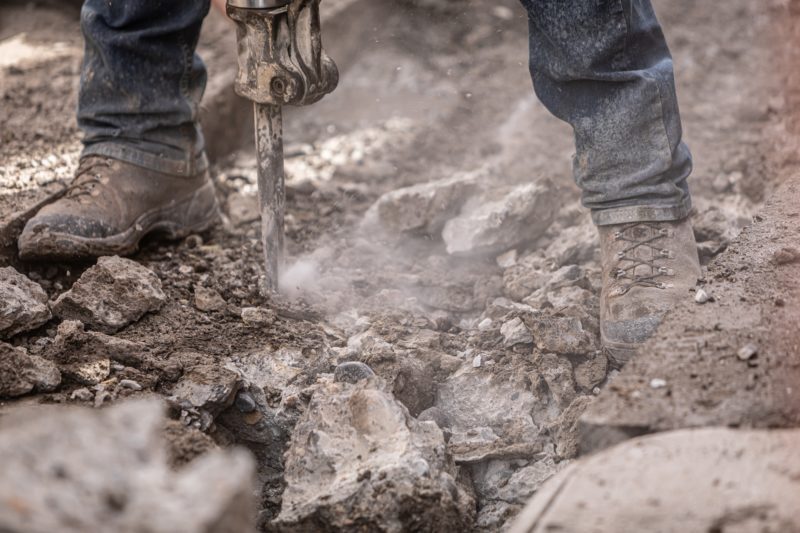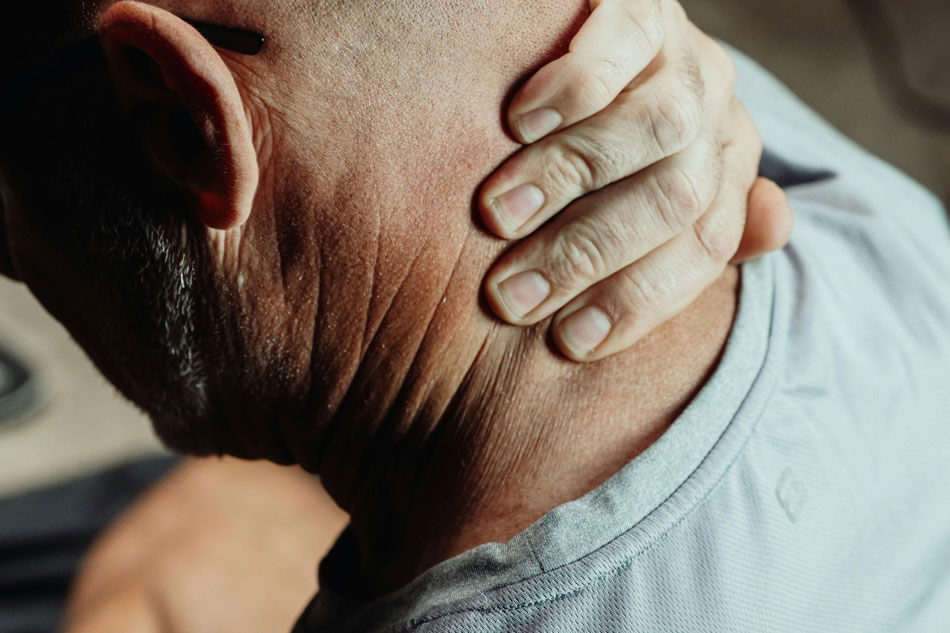Accident at work
If you are injured at work, or on a direct route to or from work, you are entitled to compensation from accident insurance for employees mandated by collective wage agreements/union contracts, as well as social security accident insurance. The right to claim compensation is not dependent on establishing fault or blame for the occurrence of the accident.

The claim is directed at the employer’s insurance company as well as with the Icelandic Health Insurance (Sjúkratryggingar Íslands). Intent or gross negligence by the injured person may result in total or partial loss of rights to compensation.
Due to the accident, you may be entitled to receive a daily allowance for incapacity to work and compensation for loss of amenity/medical disability, as well as reimbursement of medical costs.
Should the employer be responsible for the accident, e.g. due to unsatisfactory or unsafe working conditions or the negligence of other employees, a claim for damages may arise against the employer directly or their insurance company.
Please note that traffic accidents are traditionally excluded in work accident insurance policies.
Here for you
It is important to report an accident as soon as possible to the Icelandic Health Insurance and the insurance company, so that the right to compensation is not lost. Contact Fortis lawyers to get an assessment of the situation. We want you to use our knowledge to help you through a difficult time.
Fortis

Accident at work
51-year-old / Fracture of the wrist
Contacted Fortis for an assessment two weeks after the accident. Fortis began by ensuring the accident had been correctly reported to all relevant parties and took care of all case elements, communications with the liable parties, collection and analysis of the necessary data and arranged for the reimbursement of medical expenses.
One year after the client’s first meeting all necessary data had been gathered and Fortis had an impartial assessor assess the extent and the severity of the damages suffered in the accident.
The results of the assessment arrived three weeks after the assessment meeting resulting in 15% loss of amenity/medical disability. The total compensation amounted to approx. 4.100.000 kr.
35-year-old / Injury to the middle finger
Contacted Fortis for an assessment nearly two years after the accident. Fortis took care of all case elements, communications with the liable parties, collection and analysis of the necessary data.
Only three months after the client’s first meeting all the necessary data had been compiled and an impartial assessor assessed the extent and severity of the damages suffered in the accident.
The result of the assessment arrived eight weeks after the assessment meeting resulting in 7% loss of amenity/medical disability. The total compensation amounted to approx. 1.300.000 kr.
Please note that each case is unique and there are many variables that affect the amount of compensation, such as the insurance involved, age and assessment results. When settling on the basis of the tort law, the average income before the accident is also important.




